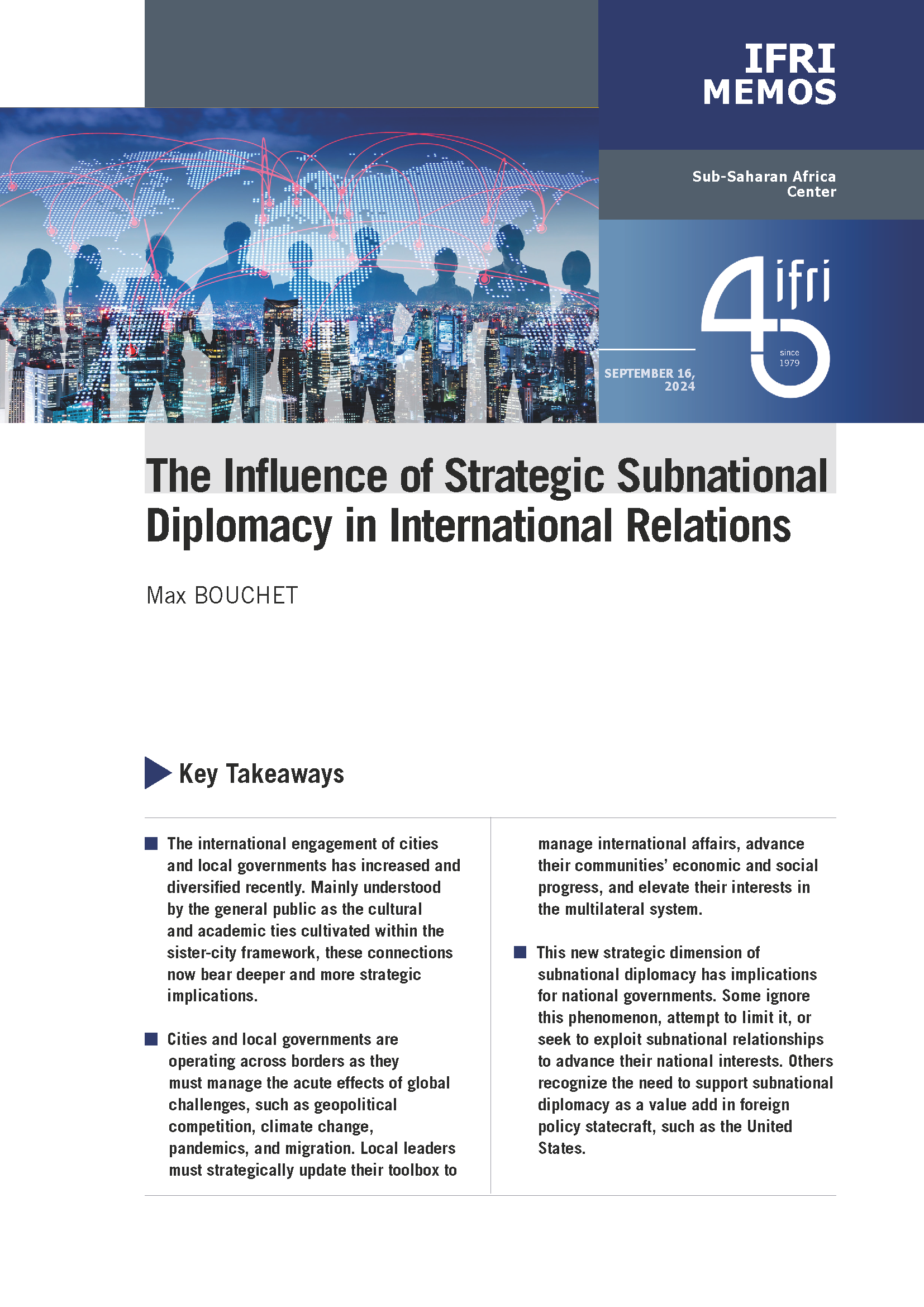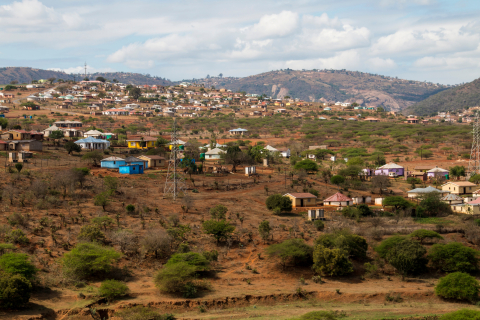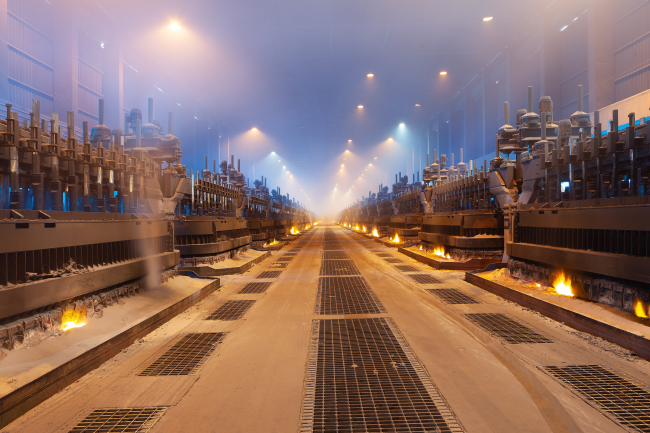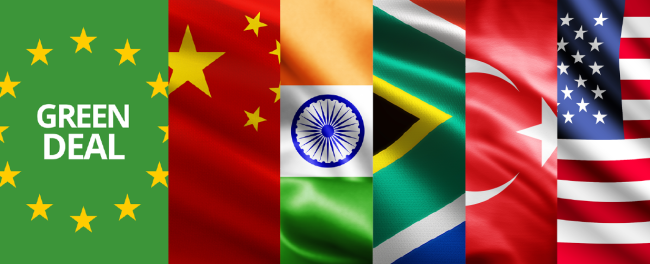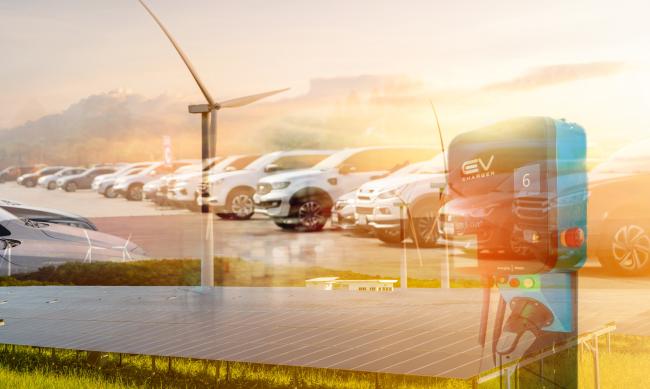Fukushima and Democracy

The double disaster of Fukushima, a natural disaster comprising an earthquake and a tsunami and a large-scale industrial nuclear disaster, behoves all countries to consider the lessons which they can draw from it.
But there are two possible ways to proceed when studying the responses to the future of nuclear power, regardless of what the final decision may be. These two paths illustrate two workings of democracy, that political system which, as Winston Churchill noted with caustic humour, “is the worst form of government except all the others that have been tried.”
The first path is that of public sentiment, of which every politician is aware. In the face of an understandable public emotion stirred up by the media, which feeds off this emotion, it entails deciding to renounce nuclear power immediately and without consideration. It is the path chosen by the Italian government which had proclaimed for years that Italy was going to begin nuclear power generation. It is the path which Germany is about to adopt, through the will of the Chancellor and the violent reaction of public opinion.
The German case is telling. Firstly, it demonstrates the behaviour of heads of state and government, unsure of their political future, who become restless like flies trapped in a jar, and try to escape by exaggerating a scarecrow. It is also an example of the risk which democracies run when these emotions, ignoring all reason, generate massive votes. There is no need to list the times when in Europe and elsewhere, democratic votes have brought about tragedies. For now, the tendency of the French to incessantly tear each other apart - the same tendency which often drives them to inefficiency - is protecting them from what one might call these public opinion tsunamis.
If in this context, Germany decides to abolish nuclear power between now and 2020, European energy policy will be compromised: the short-term consequences will be an increase in greenhouse gas emissions and a re-examination of the current policy of free circulation of electricity across borders, whatever its origin (however difficult it is to imagine that Germany might supply its industry with biogas and solar). And then why, when the policies of Member States prevent the establishment of an internal electricity market, support the realisation of unwieldy European energy directives?
The second path involves reflecting on the measures which need to be taken nationally and internationally, and thus deciding to maintain a nuclear programme or to phase it out progressively enough to minimise the cost.
For the national plan, the audit should apply to all nuclear installations and examine all measures which can be taken to prepare for storms, floods and any climatic, industrial or terrorist incidents, to ensure that the threats have not been under-estimated.
For the international plan, nuclear plant operators must, in the framework of their organisation and under the aegis of their governments: 1) standardise the method for judging the quality of safety institutions and the level of support to give to countries seeking nuclear power; and 2) submit to internationally recognised and controlled safety information rules, and create an international intervention force capable of coming to the aid of any country afflicted by an incident.
As to an eventual abolition of nuclear power, it cannot be considered without taking into account considerable increases in the price of energy, the abandonment of all progress towards Generation IV which would make nuclear a renewable energy, and the consequences of greater medium-term use of fossil fuels which, for their part, cause deaths and danger associated with their extraction, transformation and transport, over and above their impact on greenhouse gas emissions.
The most reasonable path seems to be to allow nuclear power to play its role, while taking as many precautions as possible.
___________________
1) In 2007, the average price per kWh in the most expensive EU country was 2.5 times that in the least expensive.
Related centers and programs
Discover our other research centers and programsFind out more
Discover all our analysesThe Aluminum Value Chain: A Key Component of Europe’s Strategic Autonomy and Carbon Neutrality
The United States of America (US), Canada and the European Union (EU) all now consider aluminum as strategic. This metal is indeed increasingly used, especially for the energy transition, be it for electric vehicles (EVs), electricity grids, wind turbines or solar panels.
The EU Green Deal External Impacts: Views from China, India, South Africa, Türkiye and the United States
Ahead of June 2024 European elections and against the backdrop of growing geopolitical and geoeconomic frictions, if not tensions, between the EU and some of its largest trade partners, not least based on the external impacts of the European Green Deal (EGD), Ifri chose to collect views and analyses from leading experts from China, India, South Africa, Türkiye and the United States of America (US) on how they assess bilateral relations in the field of energy and climate, and what issues and opportunities they envisage going forward.
Electric Vehicles: A Strong and Still Understated Performance
Electric vehicles (EVs) are better for the climate – even in worst-case scenarios. Across its life cycle, a typical European electric car produces less greenhouse gas (GHG) and air pollutants or noise than its petrol or diesel equivalent. Emissions are usually higher in the production phase, but these are more than offset over time by lower emissions in the use phase. According to the European Environment Agency’s report on electric vehicles, life cycle GHG emissions of EVs are about 17-30% lower than those of petrol and diesel cars.
How Can the Green Deal Adapt to a Brutal World?
The European Green Deal has not been planned for the current extraordinarily deteriorated internal and external environment. Russia’s war in Ukraine, higher interest rates, inflation, strained public finances, weakened value chains, and lack of crucial skills pose unprecedented challenges.


